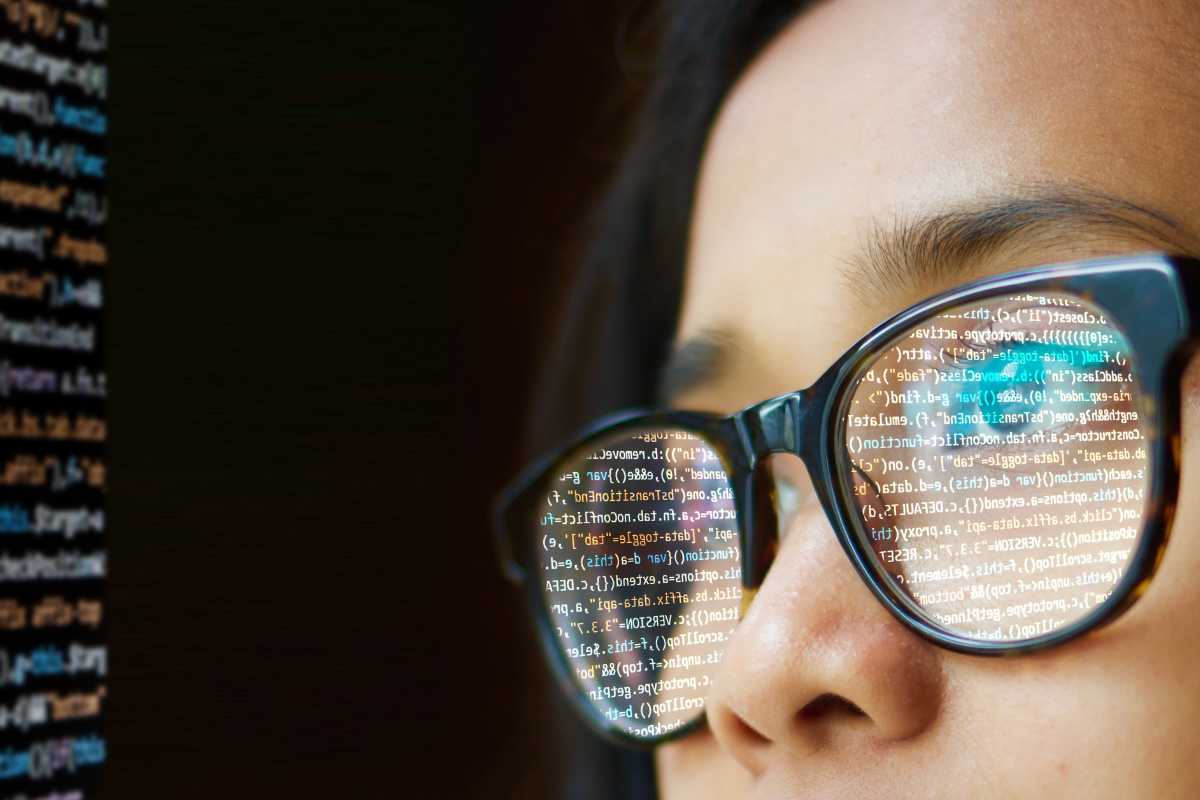In the digital age, social media has become an integral part of our daily lives, influencing how we communicate, share information, and perceive the world around us. While these platforms offer numerous benefits, they also pose significant risks to mental health. This article explores the complex relationship between social media and mental health, highlighting both the positive and negative impacts.
The Positive Aspects of Social Media
Social media can provide a range of benefits that contribute to mental well-being:
- Social Connection: Social media enables people to stay connected with friends and family, regardless of geographical distances. This can be particularly beneficial for individuals who feel isolated or have limited social interactions in their offline lives.
- Support Networks: Online communities can offer support for people dealing with specific issues, such as chronic illness, mental health disorders, or grief. These groups provide a sense of belonging and understanding that can be incredibly comforting.
- Access to Information: Social media platforms can disseminate valuable information about mental health, including coping strategies, self-help resources, and educational content. This can empower users to take proactive steps in managing their mental health.
- Opportunities for Self-Expression: Platforms like Instagram, Twitter, and TikTok allow users to express themselves creatively. Sharing personal stories, art, music, or thoughts can be a form of catharsis and a way to connect with others who share similar interests.
The Negative Impacts of Social Media
Despite its benefits, social media can also have detrimental effects on mental health:
- Comparison and Self-Esteem: Social media often presents an idealized version of reality, leading users to compare themselves to others. This can result in feelings of inadequacy, low self-esteem, and even depression, as people measure their lives against the curated highlights of others.
- Cyberbullying: The anonymity and reach of social media can facilitate cyberbullying, which can have severe emotional and psychological impacts on victims. Bullying can lead to anxiety, depression, and in extreme cases, suicidal thoughts.
- Addiction and Time Management: Excessive use of social media can lead to addiction, where individuals feel compelled to constantly check their accounts. This can interfere with daily activities, productivity, and real-life interactions, leading to increased stress and anxiety.
- Sleep Disruption: The blue light emitted by screens can disrupt sleep patterns, particularly if used before bedtime. Poor sleep quality is closely linked to various mental health issues, including anxiety and depression.
Strategies for Healthy Social Media Use
To mitigate the negative impacts and harness the positive aspects of social media, consider the following strategies:
- Set Boundaries: Establish clear boundaries for social media use, such as limiting the time spent on these platforms each day and designating specific times for checking accounts.
- Curate Your Feed: Follow accounts that inspire and uplift you, and unfollow or mute accounts that trigger negative emotions or self-comparison.
- Practice Mindfulness: Be mindful of how social media makes you feel. If you notice that certain interactions or content lead to negative emotions, take a step back and reassess your usage.
- Engage Authentically: Use social media to foster genuine connections rather than superficial interactions. Engage in meaningful conversations and share authentically to enhance your sense of community and support.
- Take Digital Detoxes: Regularly take breaks from social media to reconnect with the offline world. Use this time to engage in activities that promote mental well-being, such as exercise, reading, or spending time with loved ones.
For more insights into the science of positive thinking and other psychological concepts, visit psychologyorg, a comprehensive resource for understanding how psychology can improve your life.
Conclusion
Social media is a powerful tool that can significantly influence mental health, both positively and negatively. By understanding the potential risks and benefits, individuals can make informed choices about their social media use. Implementing strategies to promote healthy habits can help mitigate the negative impacts and enhance the positive aspects, leading to a more balanced and fulfilling digital experience.
Read more article…




